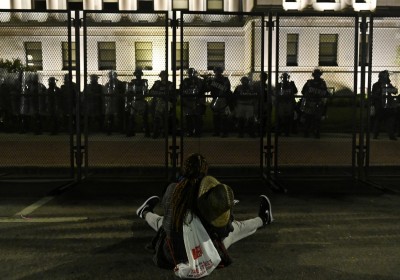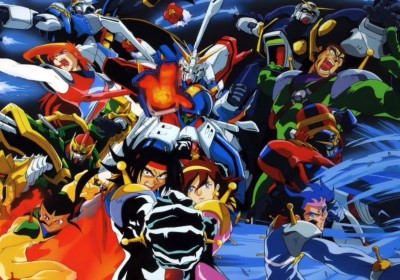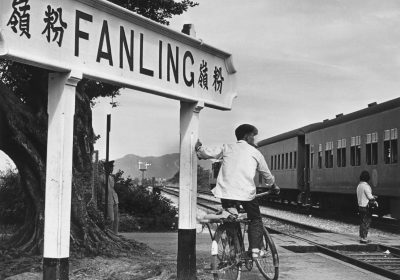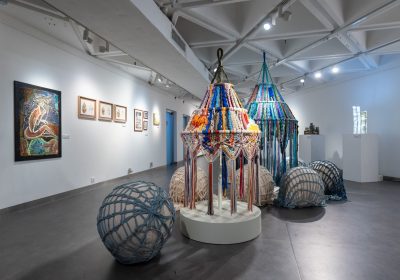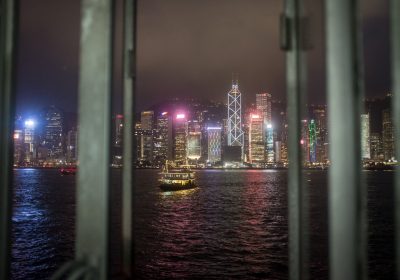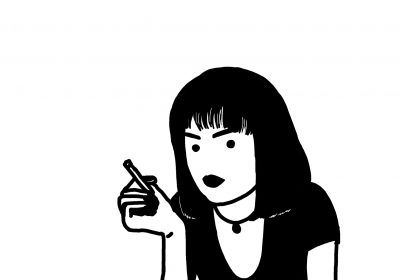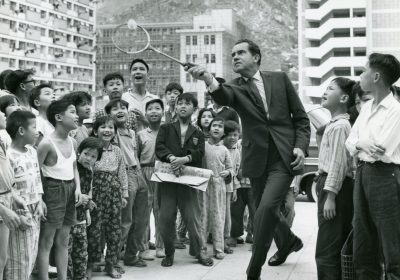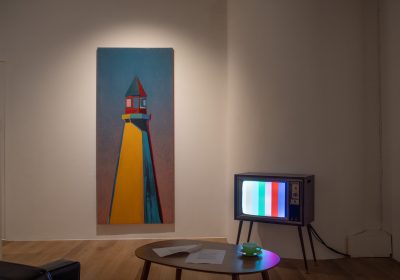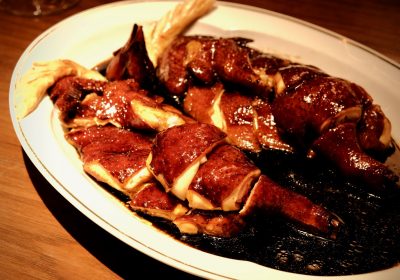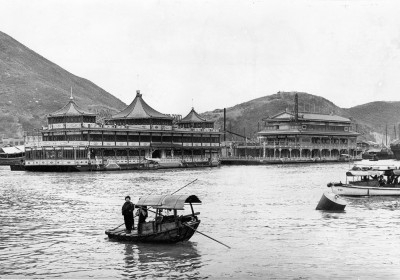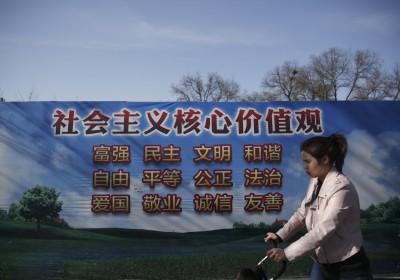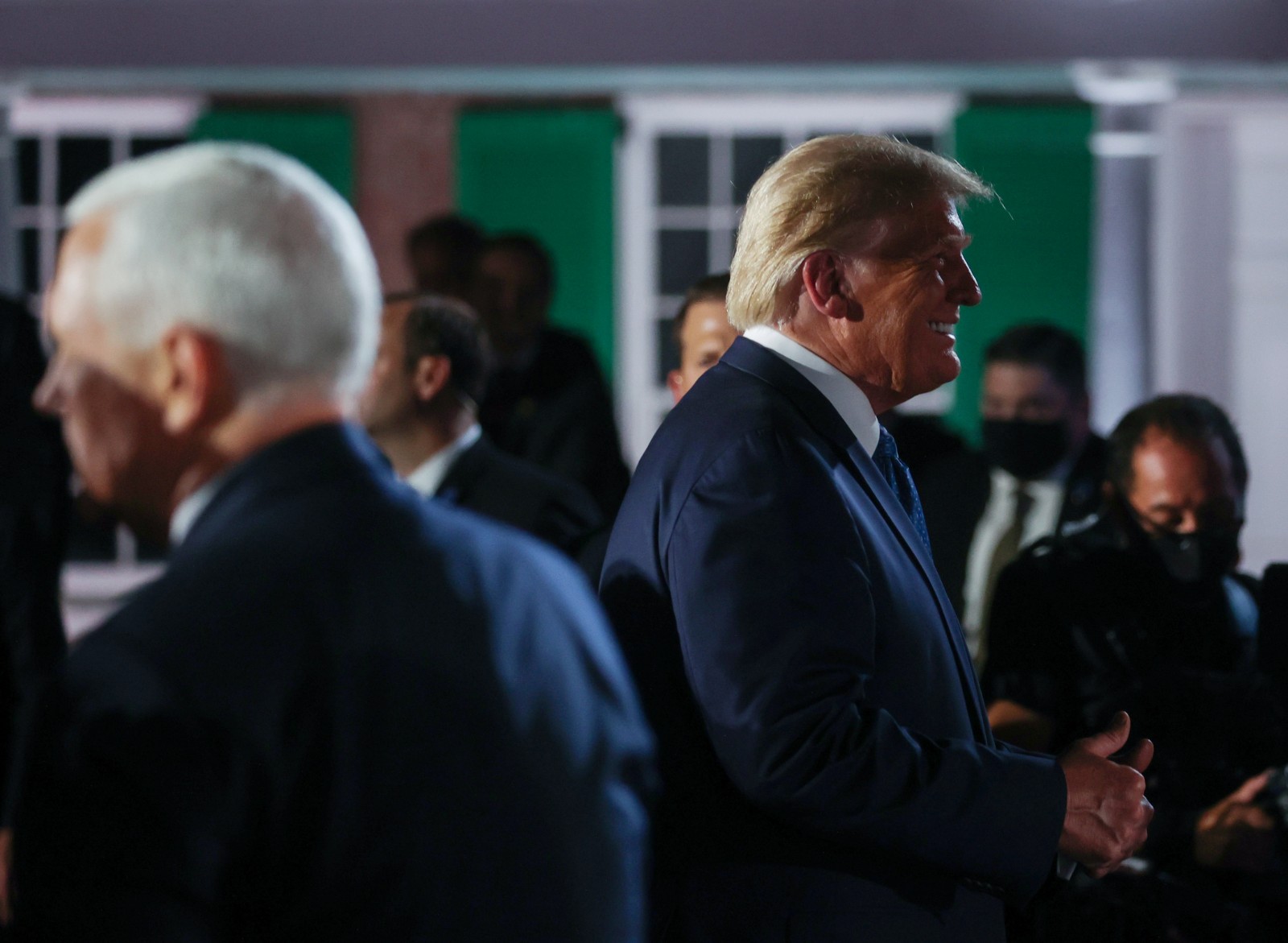
A philosophical argument could be made, that philosophers hate politicians. (註 1)
To a philosopher’s eyes, politicians hide in their ivory tower of power without needing to solve real problems, but only needing to look like they’re trying, always ready to prostitute(註 2)ideas to gain traction and consensus, tarnishing the purity of their ideals with their personal struggle for power and affirmation, hating each other to death over inexistent causes — tying their own hands from trying to construct the society they dream, in fear of dirtying their reputation.
Another philosophical argument could also be made, that politicians hate philosophers.
From a politician’s perspective, philosophers hide in their ivory tower of reason without needing to solve real problems, but only needing to look like they’re trying, leaving their pure ideals unfruitful by keeping them in journals no-one reads, fighting each other to death over inexistent causes, always ready to criticize and never really changing anything — tying their hands from trying to construct the world they dream, in fear of dirtying their hands.(註 3)
A political argument could be made instead too, to say that politicians and philosophers hate each other: philosophers critique without risking anything, endanger the politicians and their ideology all without having battled through the wilderness of a political career. They are at best a nuisance, at worst a danger.
Philosophers hate politicians too, frustrated by having to obey someone whose arguments are —for their standards — uninteresting, banal, and usually fallacious — they are, for a philosophical life, at best a nuisance, at worst a danger.
After these considerations we are forced to admit how comical this contraposition was in the first place. Perhaps at first one would have been tempted to choose a side, to say: “I am with the philosophers, they have better arguments and are not in it for their personal power”, or maybe to think: “I am with the politicians, they can actually tackle real problems in the real world”. But now we must grapple with the conclusion that they are at core performing the same activity.
They ponder about the correct reading of the world for possibly unsettable questions, and then try their best to get everyone on board with what they think is best, meanwhile trying to secure themselves a comfortable living — some more so than others.
And after all, this summary might capture a primal drive in us all. Although, as an afterthought, we cannot but notice that only a philosopher could spot this conclusion.(註 4)
陶傑點評
為甚麼哲學家憎恨政客,而政客也厭惡哲學家?
作者羅比略是意大利人,在倫敦大學英皇學院讀哲學,去年一級榮譽畢業,但因為武肺病毒被迫返回意大利,在家中隔離。本文是他在獨處中,回顧三年大學學術生涯與今日世界政治亂局的心得。
香港的大學生應該也寫得出這樣的英文。介紹這位作者,想強調的是:英文對於他也是第二語言。但是只要肯思考,喜歡閱讀,第二語文也可以用得很好,雖然還不是名家。
1.
- 此處開門見山,先講明主旨。因為本文探討的是你的問題,政治家和哲學家,兩個名詞都以 P 開頭,作者玩弄兩個字的對比和對照,本文的結構像中文的對聯。
2.
- To prostitute ideas —— prostitute,本來是名詞,卻可以當動詞用,這是英文隨時代變遷,可以變出新花樣之處。政客和妓女,本質上是否有點相似?作者雖然有點刻薄,但不失一針見血,令人思考。
3.
- 這兩段形容政客和哲學家的文字,幾乎句句對應,是作者玩弄寫作技巧,也很創新。尤其是哲學家憎恨政客,覺得政客身在權力的象牙塔中;但政客討厭哲學家,認為哲學家身處空想的象牙塔裡。
- 哲學家和政客都不能解決問題,兩者的職業,都是假裝能解決問題。哲學家的假裝,發表在沒有人看的學術期刊裡。政客的假裝,則是對選民在電視訪談中誇誇其談,兩者都是空談家。
4.
- 到底應該認同哲學家還是政客?作者本人讀哲學,因此他對這個行業還是稍為偏心一點,因為其實哲學家可能比一個政客,如杜林普,多了一份自知之明。在孤獨中,他心裡清楚自己在混飯吃,但一名政客在吹水的同時,可能會有一批盲目的信眾歡呼,投票給他。政客吹著吹著,還真的以為自己是救世主。
陶傑英文遊花園
香港和台灣,面臨世紀的變局。海外華人居住西方國家,也數目龐大。如何提升英文程度,克服文化隔閡,加強英文能力,在亂世中至關重要。
許多華人都有合理的職業或專業的英文程度,但如何在原有的中學文法訓練基礎之上,探討高層次的英語文化和表達方式,以備融入英語世界主流社會?
本欄介紹評析欣賞英文的寫作細節,分享經驗,歡迎提出不同的評析角度和心得。

